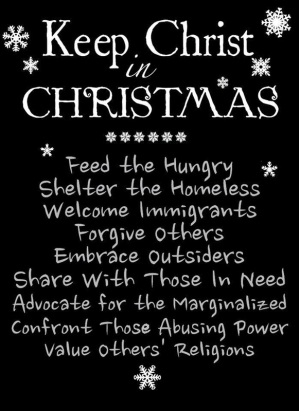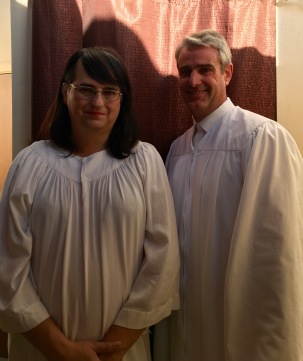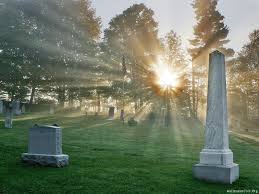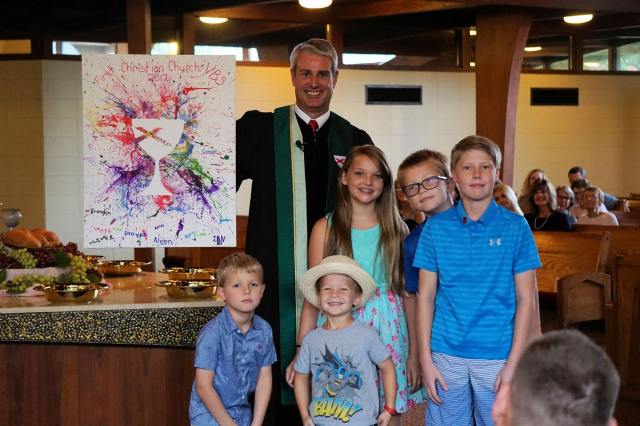A couple of weeks ago, Janelle Boss sent me a registration link for next year’s Virginia Ten Miler. Although I have not run regularly in a couple of years, I signed up. And then I looked at a map of the very hilly course with the last mile running uphill from the Farm Basket to EC Glass.
If my knee and my back allow me to do this next year (and after moving into our home this week, I have my doubts), I am going to need the entire congregation to line Langhorn ROAD (or “Langern” as I am learning to say) from the Farm Basket to EC Glass to cheer me on as I run that last arduous mile! And Jeremy, wouldn’t it be fantastic, if during the last 100 meters, the choir could be standing there in your robes singing the Hallelujah Chorus!
And you should know that as a preacher I have some scriptural justification to ask this of you. For in our epistle lesson this morning, the writer to the Hebrews compares life, the struggle to be and to carry on, to a difficult race and encourages the faithful to run this race with perseverance by remembering that we are surrounded by a great cloud of witnesses: people of faith who had previously run and finished this difficult race that we call life. The writer infers that those who have gone on before us can give encouragement, strength, inspiration and hope to those of us who are presently living, and oftentimes struggling, like runners huffing and puffing up Farm Basket Hill wondering whether or not we can finish.
Living in a fragmented world, a world where humanity surprises us with its inhumanity, we quickly learn how important it is to surround ourselves with supportive cheerleaders, persons who are always there for us, pulling for us, rooting for us persistently, loving us unconditionally: like Helen Tatom, that saint who never missed a game, a recital or a performance that her children Matt and Andy were in. Later, she would move to Lynchburg to be close to her grandsons so she would never miss their events until the time came when she was unable to travel. And even then, oftentimes unbeknownst to their parents, she would secretly Venmo her grandchildren money to spend on vacations. And Helen supported her church and the University of Lynchburg with the same unfailing love.
And the writer to the Hebrews says we can keep running, keep persisting, keep fighting, keep persevering, keep moving forward, because Helen’s spirit still supports us today, while encouraging us to be there for one another and to always love one another unconditionally.
However, there are times on this journey when we may be moving forward, taking a step ahead, but we won’t be smiling. The years may pass by, but there may not be joy. It is during those times we can remember Patsy Warren, that saint who had this special ability to always make everyone in the room smile when walked in. A saint who possessed an infectious, contagious, holy joy that could transform anyone’s beleaguered running into carefree dancing!
But in this world, we know that there will always be loud and powerful voices that will want to squelch our dancing, take away our freedoms, strip away our rights and prevent us from being the person we were created to be. That is why we are grateful for saints like Don McVey who started attending our church because we made the commitment to be an Open and Affirming congregation. Because Don understood that no church who claims to follow the way of love that Jesus taught his disciples has any business being Closed and Condemning. Many of us can still see and are still inspired by the joy on Don’s face as he sang praise with the choir to God for God’s love for all people without exceptions.
As I said in a couple of sermons ago, I believe that one of the best ways to finish this race we call life is by possessing a heart full of gratitude. Thankfully, we can be inspired today to be more grateful, more giving, and more generous, by remembering a saint named Jean Wood. Following the words of the Apostle Paul in his letter to the Thessalonians that we studied together last week, Jean generously gave not only of her finances to this church, at one time, donating a window, but Jean selflessly gave of her very self as a School Teacher. And Jean loved to offer her gifts of teaching through the church teaching Vacation Bible School. Jean continues to inspire us today as we prayerfully consider pledging our tithes, offerings and gifts to the church.
One of the things that most excites me about being a part of this congregation are the big, holy dreams of this congregation and the courage to bring those dreams to life. Whether we are talking about using our gifts to be the church outside of these four walls or to promote social and environmental justice, there exists a powerful imagination and a hopeful belief that there is nothing that we cannot accomplish together.
Perhaps it is because we are surrounded by trailblazing saints like The Rev. Marilyn Taylor. For Marilyn will always be remembered for breaking the glass ceilings for women in ministry as she worked quietly yet faithfully to open pulpits in Virginia to accept women clergy, paving the way many women who are still serving throughout our today.
And what is remarkable is that Marilyn may not be remembered for the great things she accomplished during her life as much as she will be remembered by how she accomplished them— with an unassuming spirit and a servant’s heart. Because she never boasted of her work and always pointed out the contributions of others around her, her children were surprised to learn of the big role she played in setting up and leading the first meeting that became the Summit Senior Living Community and in leading its dedication to help residents thrive both physically and spiritually.
And like so many in this congregation, Marilyn possessed this exuberant youthful and playful spirit. She is remembered wearing the best costumes at Halloween for Trunk-or-Treat. She danced with the sacred dance ensemble and never missed a game night. The Rev. Stephanie Mclemore, former Associate Regional Minister at Christian Church in Virginia, once called Marilyn “the most authentic person I know.”
And speaking of authenticity, this congregation is also blessed to be surrounded by saints like Penny Cline, one of the most authentic, kind, gregarious, compassionate, maternal, non-judgmental, forgiving, funny, very social people some of us ever knew.
Penny had this special gift. It was something innate in her personality, in her eyes and in the way she smiled, that made you feel like you were the most special person in the world to her. When I met her for the very first time, although she was tired and weak, her smile had this way of making me feel like I was truly welcomed into her life like family, like she really, truly loved me like I was her own. I must confess that I was a little disappointed when I learned that she, having never met a stranger, treated everyone this way.
And speaking of trailblazers who knew how to dance, we are also blessed to be surrounded by that saint named Dr. Ann Bishop. As a follower of the way of Jesus, the one who set up a free healthcare clinic everywhere he went, Anne believed all people deserved good healthcare, and all means all. Anne simply had no tolerance any type of social injustice, especially an injustice which prevented people from accessing quality, compassionate healthcare. Consequently, Anne, in her quiet but determined, pioneering way, worked with fellow church member, college colleague, and saint Dr. Jack Scudder, and the faith community of Lynchburg, to found and subsequently serve on the board of the Free Clinic of Central Virginia that still operates downtown today. Ann taught us to accomplish big things, like the founding of the school of nursing at the University of Lynchburg. And like others who went before her, she taught us how to accomplish things with grace, humility, laughter and dancing as she also loved expressing her faith as part of our church’s liturgical dance team.
Yes, thanks be to God that we are surrounded by so great a cloud of witnesses that we can not only run into 2024 with holy expectation and bold faith, bit we can dance into the new year with a copious amount of hope!
And there one more saint that is with us today, perhaps the most important one of them all: a miraculous gift of God’s grace named Henry Yates Sadler. Although I read traditional words during his baptism from the Methodist Book of Worship asking God to forgive his sins, we all know that Henry was no sinner. Henry was a most innocent, most pure, most precious gift of God’s grace that we received during this past year—a profoundly sacred gift who taught his parents Emily and Miles how extraordinarily capable they are of love, who awakened a love deep within them that they did not know existed.
And he awakened that same love in us when we learned of his premature birth and the tragic reality that his life on earth would be most fleeting. With a profound sense of empathy that caught us by surprise, we offered our most heartfelt prayers and did what we could do to support the grieving parents, from generous donations to the Mustard Seed offering, to mowing their lawn and picking up their mail. Henry Yates Sadler taught us how to be the church, how to love unconditionally, compassionately and empathetically. Yes, Henry is perhaps the most important saint among us, because without such love, we cannot fully live, and we certainly cannot church.
The writer to the Hebrews says: “Faith is the assurance of things hoped for, the conviction of things not seen.” By faith, Helen Tatum, faithfully supported this church and community like she supported her children and grandchildren and taught us more than she ever knew.
By faith, Patsy Warren made us smile and filled us with more joy than she ever knew.
By faith, Don McVey continues to strengthen our mission to be Open and Affirming. Perhaps why our flag that was stolen during the night has already been replaced by Elizabeth, one of our youngest congregants.
By faith, Jean Wood taught us generosity.
By faith, Marilyn Taylor taught us to do big things with humility and authenticity.
By faith, Ann Bishop taught us to do big things and to always dance.
By faith, Penny Cline taught us the miraculous power of hospitality.
And by faith Henry Yates Sadler taught us how to love and how to live.
Therefore, since we are surrounded by so great a cloud of witnesses, let us also lay aside every weight and the sin that clings so closely, and let us run with perseverance the race that is set before us, looking to Jesus the pioneer and perfector of our faith, who for the sake of the joy that was set before him endured the cross, disregarding its shame, and has taken his seat at the right hand of the throne of God.

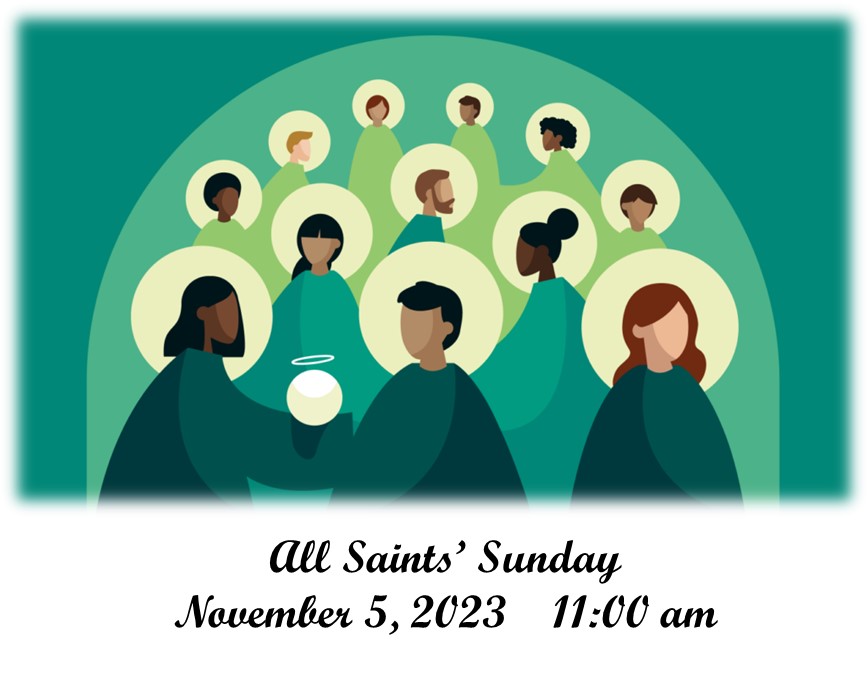
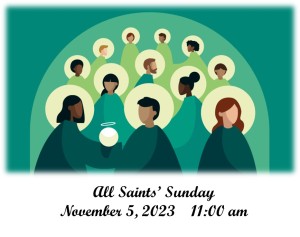
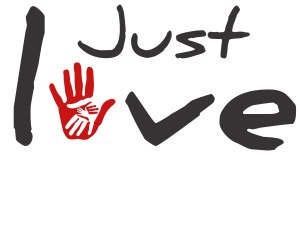

 A Christmas Charge to the Congregation of First Christian Church in Fort Smith, Arkansas
A Christmas Charge to the Congregation of First Christian Church in Fort Smith, Arkansas Sermon delivered at the All Assembly Banquet of the 2018 Regional Assembly of the Great River Region of the Christian Church (Disciples of Christ).
Sermon delivered at the All Assembly Banquet of the 2018 Regional Assembly of the Great River Region of the Christian Church (Disciples of Christ).